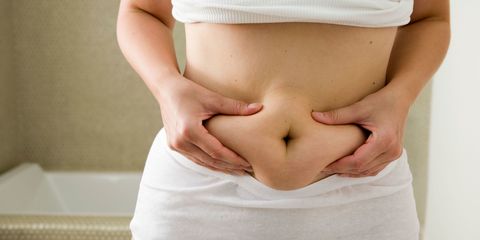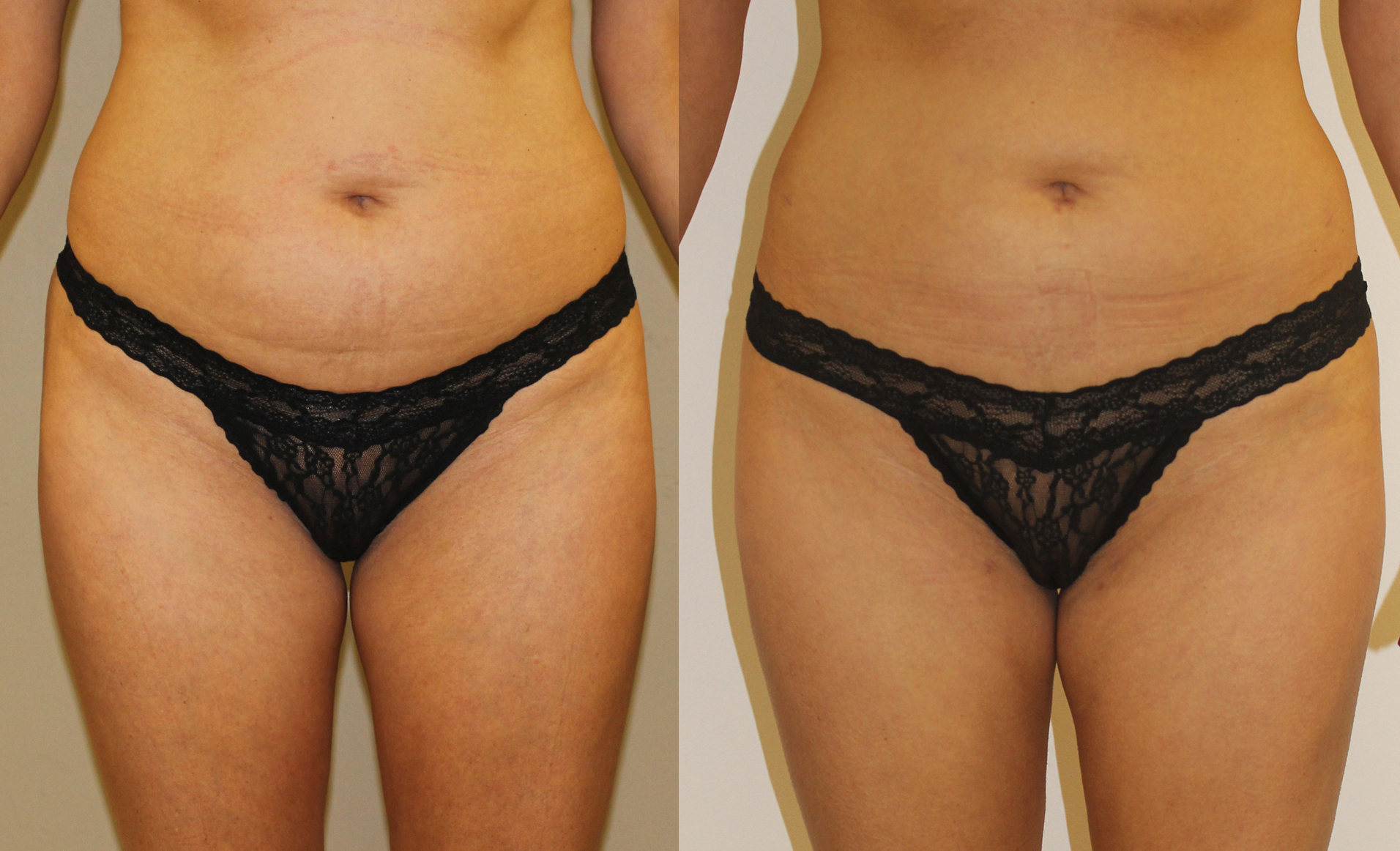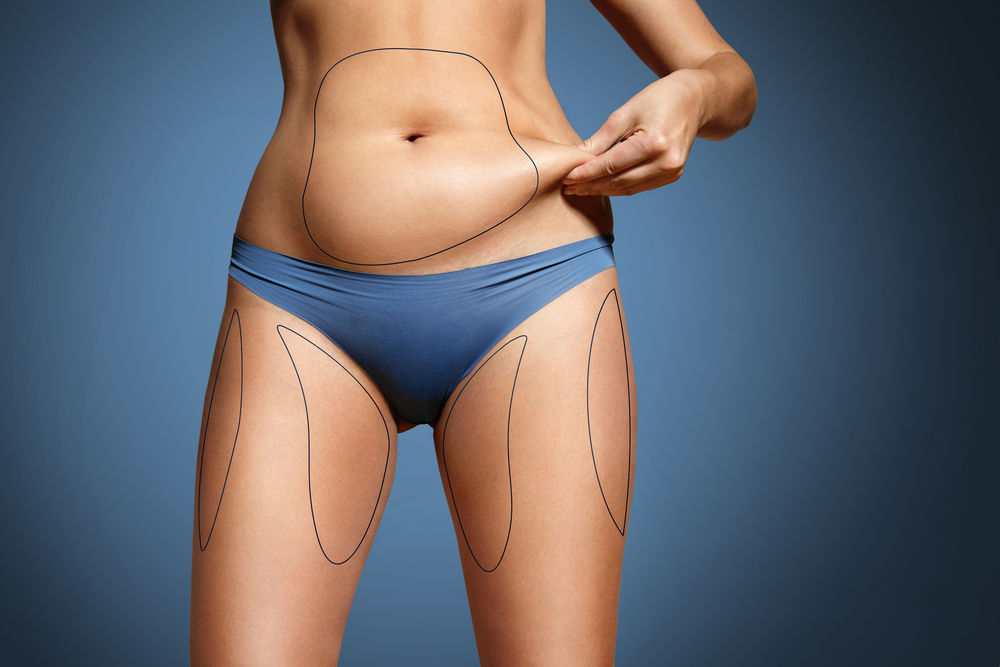Thinking about having a liposuction procedure? Not sure whether you should get it or not? This popular cosmetic surgery is one of the most effective fat-removal procedures available in the world. It is super popular and celebrities such as Chrissy Teigen, Cardi B, and Heidi Montag have all had it. But, it is understandable if you’re not sure about getting the procedure, we always have our doubts when it comes to cosmetic surgery. One of the most asked questions when people consider the procedure is:
So, what can Liposuction do for my Appearance?
Liposuction can help you remove undesirable fat that you can’t seem to get rid of through diet and exercise. By eliminating unwanted body fat from your neck, chest, hips, thighs, buttocks, back, and belly, it can enhance and rejuvenate your physical appearance. After liposuction, you get to enjoy a toned and sexier look. This can help you feel more comfortable with your own body, boost your self-confidence, and make you feel more enthusiastic about life.
Looking for more information? We have included a list of the things you need to know about liposuction below. Read on!

I heard that liposuction has many benefits. Is this true?
Yes, liposuction indeed offers numerous benefits and the main benefit of this procedure is, of course, to improve appearance. As it reduces fatty areas in the body that are typically known as problem areas, it can enhance the shape and contour of the body. Liposuction is widely popular for people who want to eliminate excess fat because it offers these advantages:
- Liposuction is exceptionally effective at contouring your body. While exercise reduces the size of fat cells, liposuction actually removes them. In other words, liposuction profoundly changes your body’s composition.
- The results are almost immediate. You can enjoy your new improved look within a day. You may experience swelling, but besides that, the enhancement can be seen right away.
- Liposuction offers long-lasting effects as long as your weight does not increase significantly after the procedure.
- Since the results of liposuction will need to be maintained, you will have to eat healthier and exercise regularly to keep your improved appearance.
- By improving severe imbalances in the way your body looks, it can improve your well-being and make you feel good.
Although most people use it to fix their physical “imperfections,” rather than to get any health benefits, there are actually other benefits of liposuction besides enhancing your appearance. These include:
- Help men with Gynecomastia as this is a condition in which men develop an excessive amount of fatty breast tissue. Liposuction can help remove this excess fat.
- Treat lipodystrophy syndrome. Lipodystrophy syndrome occurs when there is a fat metabolism disturbance, causing excessive fat to accumulate in some areas of the body, but is lost in others. Liposuction can provide a more natural-looking body fat distribution.
- Help people who experience extreme weight loss. People who have morbid obesity and lose at least 40% of their BMI need treatment to remove abnormalities, such as excess skin.
- Treatment option for excessive sweating. Excessive sweating in the armpit areas and the thighs can be treated with liposuction.
- Liposuction may help remove lipomas. Lipomas are benign fatty tumors that are usually harmless but can be bothersome for some individuals.
What makes a good candidate for liposuction?
It is very important to note that liposuction is not a weight-loss procedure and it is not a treatment for obesity. People who want to undergo liposuction need to have stable body weight but want to remove unwanted body fat in specific parts of their body that can’t be eliminated through diet and exercise. In general, you are a good candidate for liposuction if you:
- Are within 30% of your ideal weight
- Have good skin tone and elasticity, meaning your skin molds itself into new contours
- They are generally healthy. Surgeons usually won’t perform liposuction on you if you have heart disease, a weak immune system, and problems with blood flow
- Do not smoke
- Are over 18 years old
- Have realistic expectations. You need to remember that liposuction can’t get rid of cellulite and you can gain your weight back if you don’t practice a healthy lifestyle.
What should I do before I undergo liposuction?
First, you need to find an experienced surgeon you can trust. While many clinics offer the procedure, you want to make sure yours is done by a highly skilled surgeon with a proven track record and credentials. Once you find a surgeon you can trust, consult and ask every question you may have. Talk about your goals, the risks, the benefits, and any other options. Don’t be embarrassed to talk about your concerns, even when you think your concerns are trivial. Make sure to tell your surgeon about any allergies you have and the medications you currently take. A series of tests are needed to make sure you are fit for liposuction.
Your surgeon will give you instructions on how to prepare for the surgery. The instructions may include alcohol and diet restrictions. You may also need to stop taking certain medications, such as painkillers and blood thinners a few weeks before the surgery. If you take contraceptive pills, you also need to stop taking it before the surgery. In most cases, you need to sign a consent form to confirm that you are fully aware of the risks, benefits, and other options of liposuction.
How is liposuction performed?
Before the actual procedure, you will receive a general anesthetic. In some cases, an epidural may be used if the treated area is located on the lower body. An epidural partially numbs your abdomen and legs. If the liposuction is done on very small areas, local anesthetic may be used and you will be awake.
Liposuction can be performed in several techniques.
Tumescent liposuction. This is the most common technique. A sterile solution is injected into the area where your fat is to be removed. This solution consists of saline (saltwater), lidocaine (local anesthetic), and epinephrine (vessel constrictor). This solution makes it easier for your surgeon to suction the fat with less pain and less blood loss.
Ultrasound-assisted liposuction (UAL). Sound wave energy is used to break the cell walls of the fat. This liquefied or emulsifies the fat, making it easier to suction out. This technique is usually used for fibrous areas, such as the back, male breasts, and areas in your body where liposuction has been done before.
Laser-Assisted Lipolysis (LAL). In this technique, high-intensity laser light is used to break down fat for removal. Your surgeon makes a small incision in your skin to insert a laser fiber and liquefy the fat deposit. Then, a cannula is used to remove the fat.
Power-assisted liposuction (PAS). A specialized cannula that moves in rapid back-and-forth motion is used in PAS. The vibration from this specialized cannula allows your surgeon to pull out tough fat faster and easier. It is said that PAS causes less swelling and pain. Also, surgeons can remove fat with more precision.
The type of liposuction used depends on your goals, the treatment area, and whether you have had other liposuctions in the past.
What should I expect after liposuction?
After liposuction, you may leave the hospital if a local anesthetic is used. If the procedure is performed under general anesthetic, you typically will need to stay overnight in the hospital. You may experience pain, bruising, and swelling after the procedure. This is normal and your surgeon will prescribe antibiotics to reduce the risk of infection as well as pain medications to help control your discomfort. To control your swelling, your doctor may suggest you wear a compression garment for 1 or 2 months following the surgery.
Your surgeon will schedule a follow-up appointment, typically within a week following the surgery. During the follow-up appointment, your healing will be monitored and your stitches will be removed
Expect to be off work for several days after the surgery. You should generally be able to return to your normal activities within 2 weeks, but everyone is different.
As mentioned before, the result of liposuction can be seen right away. However, since you will experience swelling, the results will not be clear until after the swelling settles in about 4 weeks. After that, you can enjoy the full result. The result of liposuction can be permanent, but only if you maintain your weight and lead a healthy lifestyle.

Are there any risks or side effects I need to be aware of?
Liposuction is a surgery, so there are some risks you need to be aware of. The risks of liposuction are:
- Infection
- Bleeding
- Fluid accumulation
- Fat metabolism
- Shock
- Uneven fat removal
- Burns from the surgical tools
- Change in skin sensation
- Numbness
- Reactions to lidocaine
- Allergic reactions to the anesthesia
- Damage to muscles, nerves, blood vessels, lungs, and abdominal organs
- Blood clots
Should I get this done?
Well, it depends on you. If you are not sure because you are afraid of the risks, you will be safe as long as you choose a specially trained and certified surgeon. If you have an ideal weight, but you look at your body and you are unhappy with it, then you should do it! Liposuction may boost your self-esteem and confidence. Ask yourself, can the benefit of liposuction match your needs? If yes, carry on and do it! However, if you consider the procedure because other people are telling you that you need it, don’t do it. Only undergo liposuction for you and yourself only.
Now that you have a better understanding of the procedure, you can decide whether you want to have it or not. If you decide on YES, remember that liposuction should always be performed by a highly skilled and certified surgeon. If you don’t know where to find one, head to MyMediTravel and let them help you with your search!

